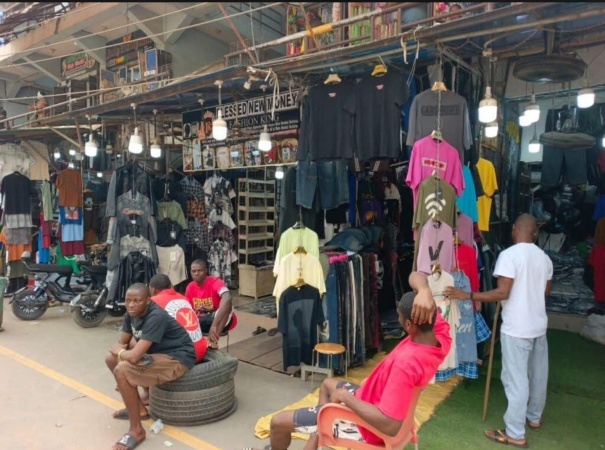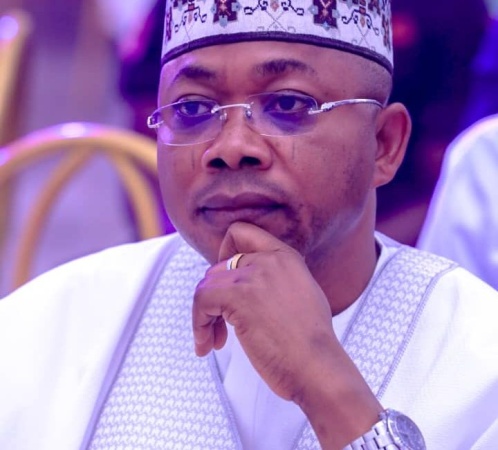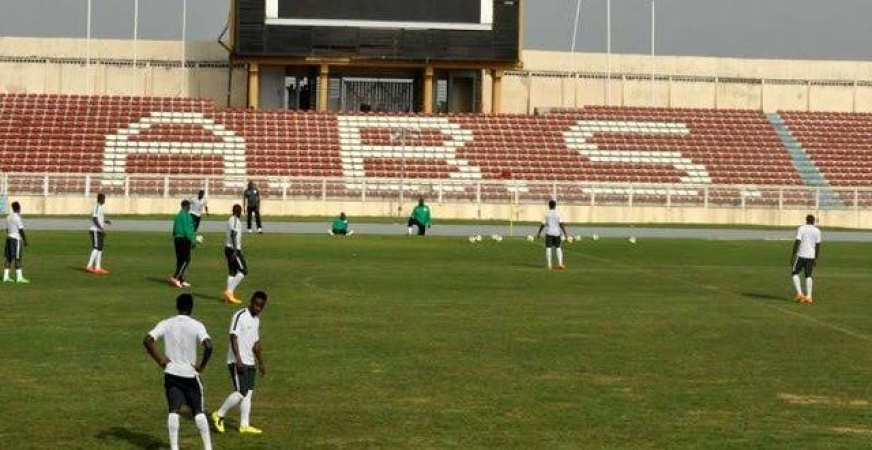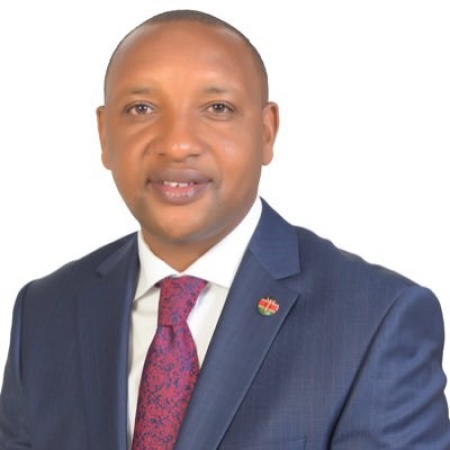

























Loading banners


NEWS EXPRESS is Nigeria’s leading online newspaper. Published by Africa’s international award-winning journalist, Mr. Isaac Umunna, NEWS EXPRESS is Nigeria’s first truly professional online daily newspaper. It is published from Lagos, Nigeria’s economic and media hub, and has a provision for occasional special print editions. Thanks to our vast network of sources and dedicated team of professional journalists and contributors spread across Nigeria and overseas, NEWS EXPRESS has become synonymous with newsbreaks and exclusive stories from around the world.

Seal of Lagos State
Despite receiving record sums through the Federation Account Allocation Committee (FAAC), with Lagos State local councils among the top beneficiaries in 2024, transparency over how these funds are administered remains deeply lacking.
A look at the federal allocations between June 2023 and June 2025 revealed that Lagos councils FAAC revenue has been more than double.
In June 2023, the 20 local councils in Lagos State got N15.99 billion as federal allocation but by June 2025, the same 20 local councils got N37.771 billion as allocation.
This is over 100 per cent increment. For instance, in June 2023, the federal allocation to Agege Local Council was N802.6 million but two years after, June 2025, the federal allocation to Agege Local Council was N1.895 billion. It is similar scenario in all the local council.
For Ajeromi-Ifelodun Local Council, the allocation in June 2023 was N910.6 million but in June 2025, Ajeromi Ifelodun Local Council got N2.098 billion as federal allocation. Worthy to mention is that in June 2023, Ibeju-Lekki Local Council had the least federal allocation and it got N637,627,127.61 and in June 2025, it was also the local council with the least federal allocation and Ibeju-Lekki Local Council got N1,584,081,898.96. In June 2023, Alimosho Local Council had the highest allocation of N1.2 billion and it was the only local council that had an allocation that was above N1billion in that month. Similarly, in June 2025, Alimosho Local Council had the highest allocation of N2.647 billion.
However, it is not the only local councils with over a N2 billion federal allocation in June 2025. Other local councils with N2 billion and above federal allocation include Ojo, Mushin, Kosofe, Oshodi-Isolo, Ajeromo-ifelodun.
An analysis by BudgIT on the 20 local councils among the 774 local councils across Nigeria with the highest allocation in six years of 2017 to 2023, minus 2021, revealed that 17 Lagos local councils were among the top 20 with highest allocation. Newspaper subscription bundles
Surprisingly, despite the improved federal revenue flows, Lagos local councils continue to operate under a veil of secrecy, with budgets, internally generated revenue and expenditures rarely made public.
Commenting, Deputy Executive Director, Media Right Agenda, Ayo Longe, said budget document ought to be made available to citizens in various formats: electronic or hard copies, but unfortunately, it is difficult to get them, not only in Lagos State but across Nigeria.
He added that there is little or no transparency with council funds and budget because the FAAC funds go to state coffers, which disburses it at will.
?Therefore, local councils cannot publish accounts of monies that didn?t come to them and which they didn?t disburse. If they publish the true state of affairs, they would be exposing the governors.?
Also commenting, Programme Officer, Policy Advocacy and Communications at Centre for Communication and Social Impact, Ayo Ladipo, noted that Lagos has 17 of its 20 local councils earn more than 750 other local councils in Nigeria, yet there is no transparency in their budget because they are allowed to get away with it by residents.
She added that until residents start hearing and quantifying how much their council is receiving monthly from the Federal Government, and pushing to demand that the council should be open about its revenue and expenditure, nothing is going to happen.
?I was at an event last year and a Lagos council chairman said they do not publicly release the budget and I asked why and he said if I come to his office, he would give me. And I asked how many citizens can come to his office to request for the budget document? Even when citizens come to ask for it, it will not be provided. But the chairman knows that he can get away with it because every time the chairman goes for town hall meeting, there is no pressure on the council to disclose.?
On the way forward, Ladipo said there is need to re-educate the people just as media houses, civil society organisations should commit to broadcasting how much is coming to the councils from the Federal Allocation as a starting point.
?Mushin was one of the top five councils that receive the highest allocation across the country and I used to live in Mushin but the development I saw was not commensurate with the money that was being disbursed monthly.
?If I had spread the gospel just on my street or go to Mushin market to tell them that this is the amount the council is collecting as federal allocation and couple with the fact that the people pay taxes to the council either every day, monthly or yearly, we can demand why they have not done some projects.?
On his part, Longe argued that the citizens have a role to play in asking the councils what they are getting as federal allocation including what they generating as Internally Generated Revenue (IGR), and how the monies are used.
?The Supreme Court ruled recently that the Freedom of Information (FOI) Act is applicable to states and local government areas; so, they now have a tool with which to legally hold their elected representatives, at all levels, to account.
?Until citizens wake up to demand accountability, right from the local council to the state and the Federal Government, governance will continue to be shrouded in secrecy and elected officials will continue to ride rough shod on us with impunity,? Longe insisted.
Speaking further, Ladipo stated that the dangers of councils not disclosing the IGR is that those running government will be doing so for a few to benefit.
?Almost everybody pay taxes in Lagos because even those in the informal sector are the ones that are taxed the most because their taxes are arbitrary, while formal workers? pay based on earnings.?
Ladipo stated that the continued nondisclosure of the IGR by councils will lead to corruption, breeding ground for embezzlement and mismanagement of fund, under-delivery of projects. ?And it is the citizens that are losing when we fail to get the councils to make available its budget,? she observed. (The Guardian)